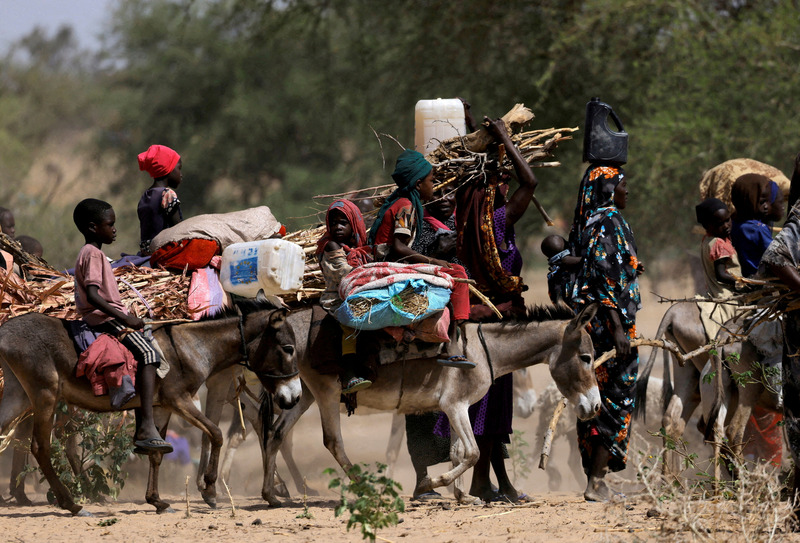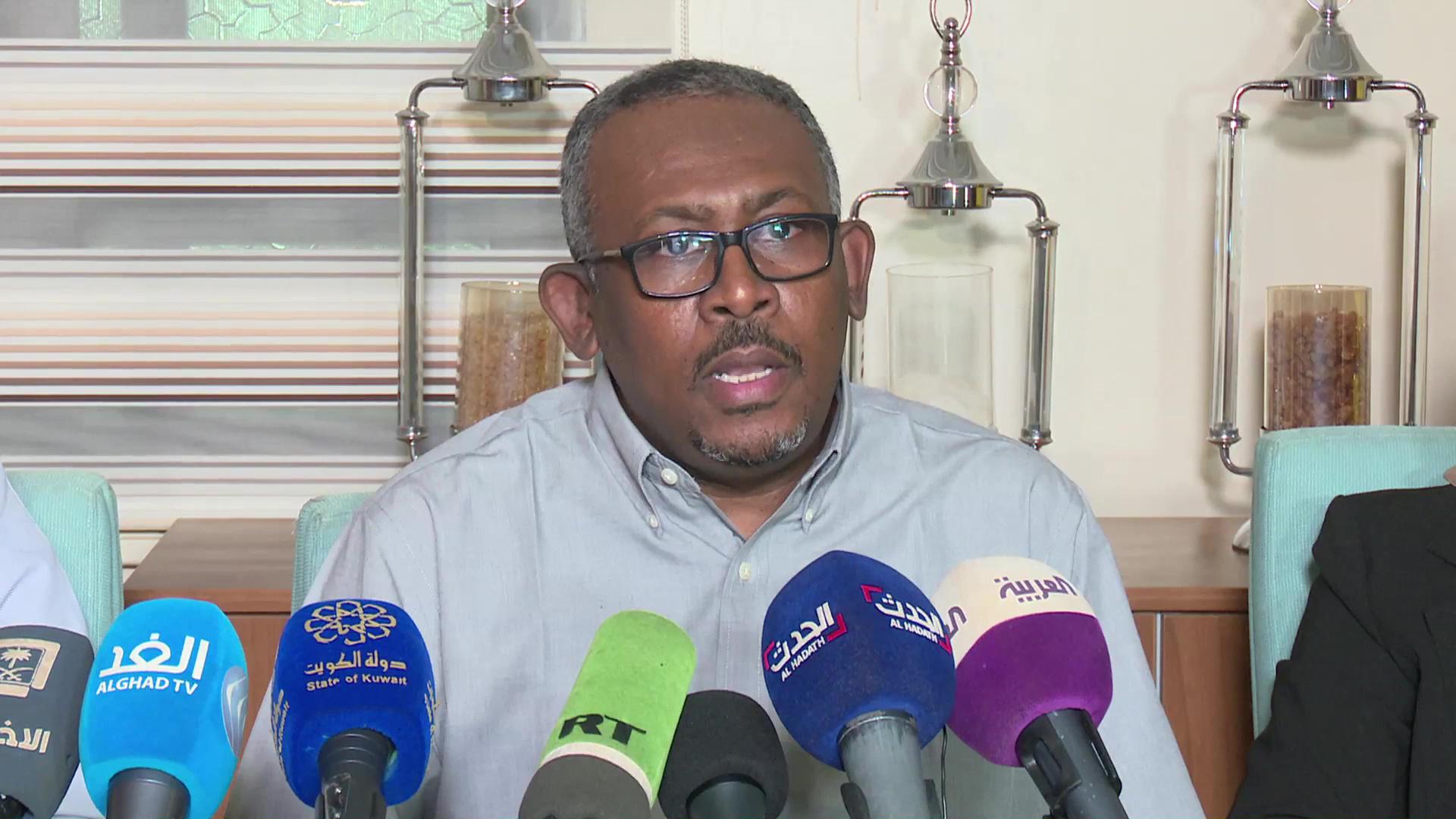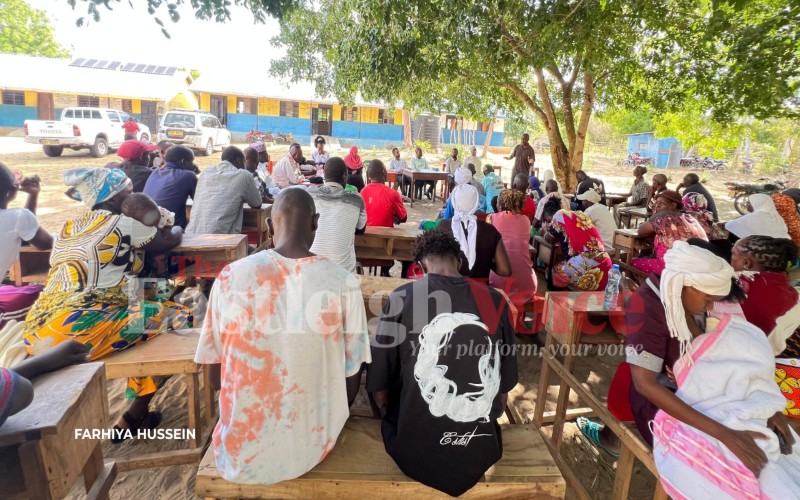Tagadum leader Babikir Faisal condemns RSF for violating human rights in Sudan

With the African Union set to convene in Addis Ababa soon, concerns are mounting that efforts to include Islamists in Sudan's political process could further fragment the already divided political forces.
On Monday, July 7, 2024, Babikir Faisal, a leader of the pro-peace coalition Tagadum, reiterated the coalition's firm stance against human rights violations committed by all parties in Sudan's ongoing conflict, specifically highlighting the actions of the paramilitary Rapid Support Forces (RSF).
The Sudanese Armed Forces (SAF) under General Abdel Fattah al-Burhan and the paramilitary Rapid Support Forces (RSF) under Janjaweed leader Mohamed Hamdan Dagalo (Hemedti) have been involved in a civil war since April 15, 2023, with both parties seeking supremacy.
In an article by the Sudan Tribune, Faisal criticised members of the pro-military Democratic Bloc for not signing the final statement because it did not explicitly condemn the RSF, which they blame for serious abuses against civilians.
More To Read
- Sudan army makes major gains in South Kordofan, retakes key villages from SPLM-N
- Sudan signals willingness to coordinate with UN despite ongoing RSF clashes
- Mass displacement, trafficking fears deepen crisis in Sudan’s El Fasher
- Somalia declares drought emergency as millions face hunger after failed rains
- Sudanese army says it repelled paramilitary forces' attack after unilateral truce declaration
- Taita Taveta residents to receive fresh guidance on biotechnology amid rising misinformation
Faisal underscored that United Nations reports identify violations committed by both sides and emphasised Tagadum's stance in supporting the condemnation of the war crimes committed by the Rapid Support Forces. He countered by accusing the pro-military coalition of refusing to acknowledge the army's responsibility.
According to Faisal, the Sudan Liberation Movement, the Justice and Equality Movement, and the Sudan People's Liberation Movement declined to sign the statement, highlighting a division between advocates for peace and those supporting continued conflict.
 Babiker Faisal, one of Sudan's protest leaders addresss the media in the past.
Babiker Faisal, one of Sudan's protest leaders addresss the media in the past.Babiker Faisal, one of Sudan's protest leaders addresss the media in the past.
Faisal also disclosed that delegates from pro-military groups initially approved the final statement in the drafting committee but later reneged on their agreement.
Tagadum has faced accusations of supporting the RSF and minimising its crimes. However, it maintains that both the RSF and the army must be held accountable for war crimes.
In discussions with Egyptian President Abdel Fattah El-Sisi, Faisal stressed the importance of a comprehensive political solution for preserving Sudan's unity. He expressed Tagadum's readiness to engage constructively with these proposals.
Faisal concluded by describing the Cairo conference as a starting point in a process that must unify civilian forces to end the war.
With the African Union set to convene in Addis Ababa soon, concerns are mounting that efforts to include Islamists in Sudan's political process could further fragment the already divided political forces.
Top Stories Today










































